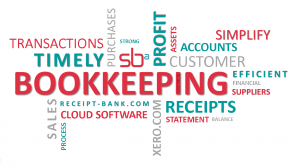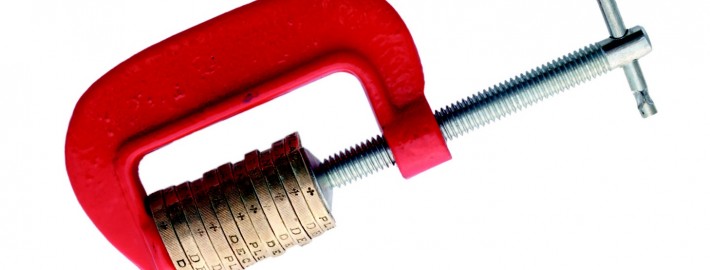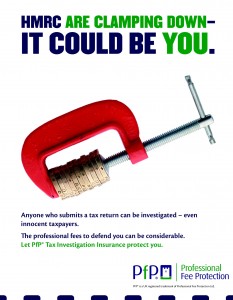You would be forgiven for thinking that the personal tax on company cars would put your right off having one through your business. But it’s worth considering them as a tax planning vehicle (pardon the pun) to help #keepmoremoney in YOUR pocket.
How it works…
The personal tax charge on company cars is based on the official CO2 emissions of the car along with it’s showroom price when new. If the CO2 emissions and showroom price are relatively low, the tax charge will also be relatively low.
“Green” cars…
There is a reasonably new breed of cars now on the market with exactly that, lower showroom prices and low CO2 emissions. The tax liability on these cars is therefore significantly lower than you may think. A full list of the cars by CO2 emissions can be found at http://bit.ly/1kKGpvq, the CO2 bands to look at from a tax point of view are the first three up to 94g/km.
The tax bill…
Take the Toyota Auris Hybrid, which is one of the more expensive cars, with a showroom price of almost £23,000 and CO2 emissions of 91g/km. The annual personal tax burden for the company car and having all the fuel would be approximately £985 for a 20% taxpayer, and £1,970 for a 40% taxpayer.
The tax savings…
The tax saving comes about as ALL the car running costs, including petrol, can be paid for by your company, resulting in a corporation tax saving starting at approximately £450 (based on estimated running costs, but will depend on your annual petrol and other running costs). In addition, the company gets a corporation tax reduction of £4,600 in year one due to the low CO2 emissions!
The overview…
Sadly there will still be some tax to pay on having a company car, and it’s not something that should be done on a whim. But, if you are thinking of changing your family car, it’s worth exploring if a company car would be a good option. Don’t forget that the above only applies to brand new cars.
Guiding you through it…
Although a little complex, if you’re thinking of changing your car it’s worth getting in touch to see how we could help you #keepmoremoney
t: 07869 285081
e: steve@keepmoremoney.co.uk
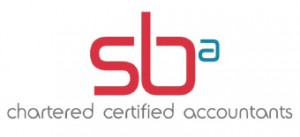
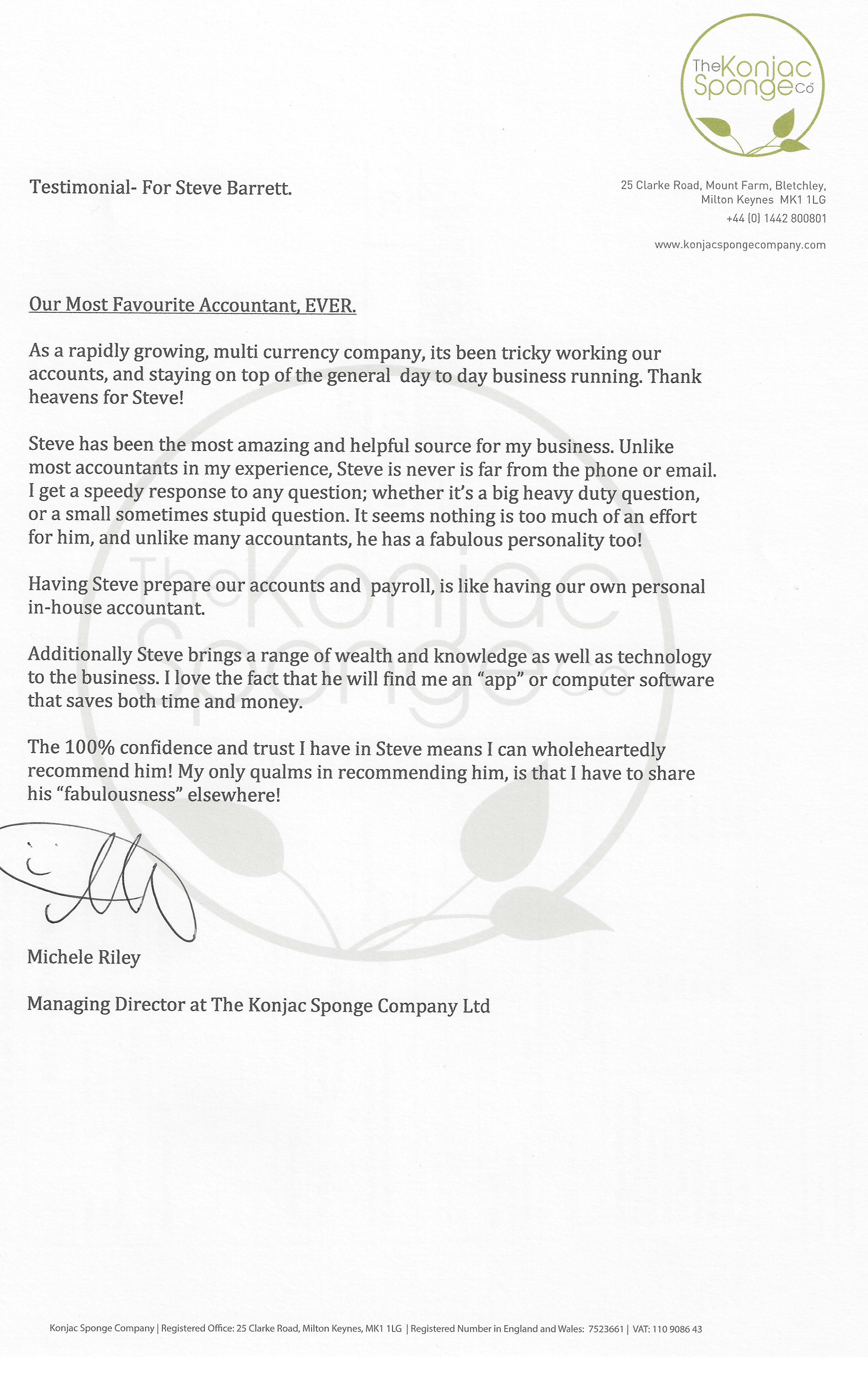
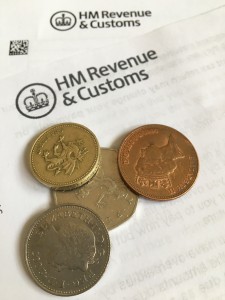 Dividend taxes to be changed
Dividend taxes to be changed